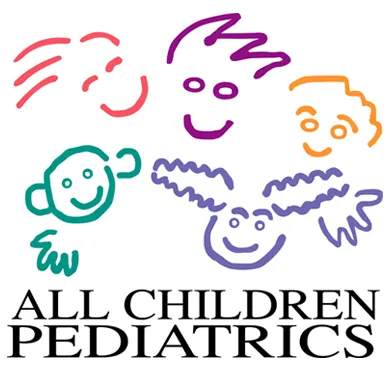Important facts about Peanut Allergy
- posted: Jun. 06, 2017
Did you know Food and Allergy Awareness Week was May 14-20, 2017? Well, it’s never too late to be aware of Peanut Allergies.
One of the most common food allergies in children is peanuts, and the prevalence in the United States is increasing. Food allergies most often begin in the first 2 years of life. In countries, including the United States, where peanut introduction is delayed, peanut allergies have more than doubled in young children. The Learning Early about Peanut Allergy (LEAP) trial was the first randomized trial to show the benefit of early introduction of peanut into a child’s diet resulting in a decreased risk of developing peanut allergy.
Children who are at increased risk for developing a peanut allergy include:
- Family or personal history of atopic disease
- Severe atopic dermatitis and/or egg allergy in young infants
- Family history of peanut allergy
The American Academy of Pediatrics (AAP) recently introduced new guidelines for the introduction of peanuts.
- In infants without eczema or food allergies, and who are not at increased risk of peanut allergy, recommendations suggest peanut introduction with other solid foods according to family preference or cultural practice.
- In infants with mild to moderate eczema, or increased risk of peanut allergy, recommendations suggest peanut introduction around 6 months of age, following the start of other solid foods. Families may introduce peanuts at home.
- In infants with severe eczema and/or egg allergy, recommendations advise introduction of peanut at 4-6 months of age, following the start of other solid foods. Allergy testing is strongly advised prior to peanut introduction in this group and possibly introducing peanuts under physician supervision
There are two methods for allergy testing: blood testing for peanut-specific IgE or skin prick testing.
When introducing peanuts to an infant, remember whole nuts and peanut butter can be a chocking hazard. We suggest adding water to smooth peanut butter and make a puree. Put the puree on the tip of the spoon and feed your child. Wait and watch for any reactions. Allergic reactions to peanuts can include hives (raised, red areas of skin that are itchy), swelling of the tongue, trouble breathing/wheezing, vomiting or diarrhea.
For further information on food allergies visit
- FARE (Food Allergy Research and Education) foodallergy.org
- healthychildren.org
This website includes materials that are protected by copyright, or other proprietary rights. Transmission or reproduction of protected items beyond that allowed by fair use, as defined in the copyright laws, requires the written permission of the copyright owners.
Contact Us
DO NOT SUBMIT MEDICAL QUESTIONS-PLEASE CALL (502) 244-6373
Hours of Operation
Our Regular Schedule
7:30 am - 6:00 pm
7:30 am - 6:00 pm
7:30 am - 6:00 pm
7:30 am - 6:00 pm
7:30 am - 5:00 pm
8:30 am - 12:00 pm
Closed
Our Location
All Children Pediatrics
400 Blankenbaker Parkway Suite 200
Louisville, KY 40243
(502) 244-9860
